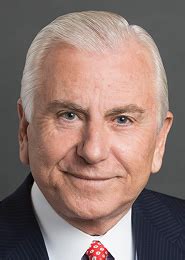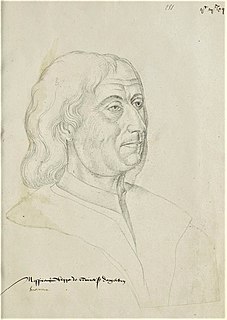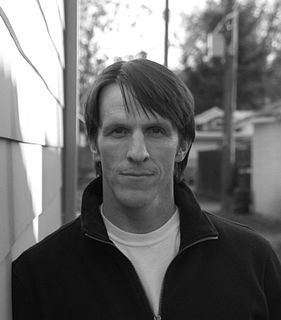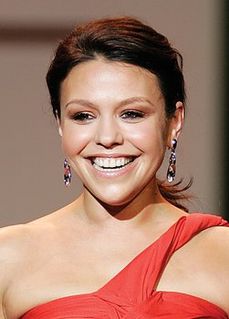A Quote by Samuel Johnson
That kind of life is most happy which affords us most opportunities of gaining our own esteem.
Related Quotes
we need poetry most at those moments when life astounds us with losses, gains, or celebrations. We need it most when we are most hurt, most happy, most downcast, most jubilant. Poetry is the language we speak in times of greatest need. And the fact that it is an endangered species in our culture tells us that we are in deep trouble.
During most of my life, my contact with Jews and Judaism was slight. I gave little thought to their problems, save in asking myself, from time to time, whether we were showing by our lives due appreciation of the opportunities which this hospitable country affords. My approach to Zionism was through Americanism.
To wipe all tears from off all faces is a task too hard for mortals; but to alleviate misfortunes is often within the most limited power: yet the opportunities which every day affords of relieving the most wretched of human beings are overlooked and neglected with equal disregard of policy and goodness.
And if I remain in the dark about our purpose here, and the meaning of eternity, I have nevertheless arrived at an understanding of a few more modest truths: Most of us fear death. Most of us yearn to comprehend how we got here, and why-- which is to say, most of us ache to know the love of our creator. And we will no doubt feel that ache, most of us, for as long as we happen to be alive.
The life of a plural wife, she'd found, was a life lived under constant comparison, a life spent wondering. Sitting across from her sister-wives at Sunday dinner, the platters and serving dishes floating past like hovercraft, the questions were almost inescapable; Who of us is the most happy? Which of us is his one true love? Who does he desire the most?
I think that most of us, anyway, read these stories that we know are not "true" because we're hungry for another kind of truth: the mythic truth about human nature in general, the particular truth about those life-communities that define our own identity, and the most specific truth of all: our own self-story. Fiction, because it is not about someone who lived in the real world, always has the possibility of being about oneself. --From the Introduction





































